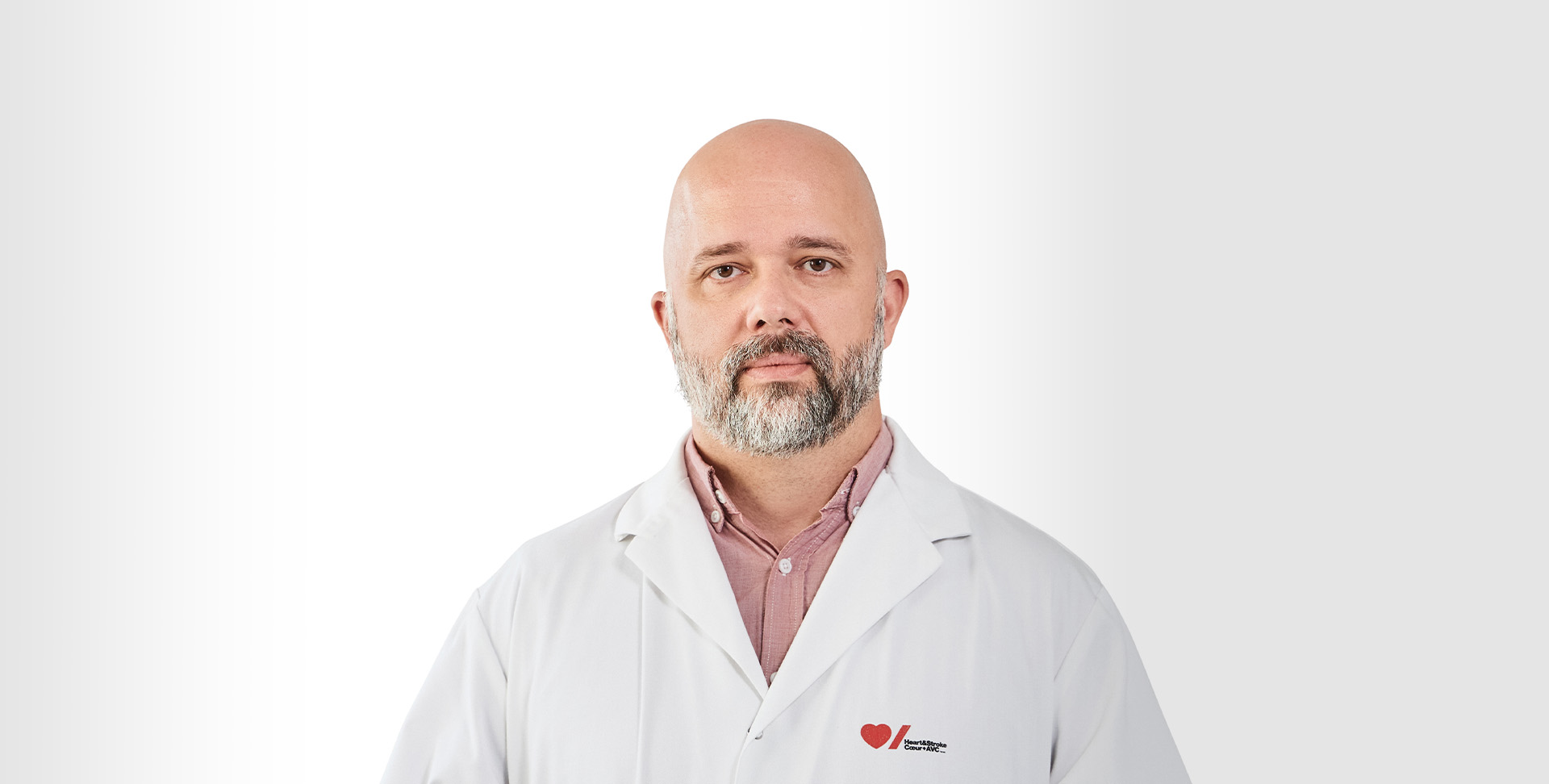
Extending heart health for aging
Dr. Susan Howlett targets frailty to help you live healthier, longer. Especially women.
Chapter 1 The puzzle of aging
"Anyone who’s been to a high school reunion can understand the problem our research is trying to solve,” says Dr. Susan Howlett. Simply put, why do some people age more gracefully than others?
As we get older, some of us decline in health while others remain robust and active. Dr. Howlett – a professor of pharmacology and geriatric medicine at Dalhousie University – wants to level the playing field, so more of us can live full, active lives into our later years.
She’s targeting frailty, in research supported by Heart & Stroke donors. Frailty is what happens when multiple health issues layer on top of one another, leaving you depleted and vulnerable.
Specifically, Dr. Howlett is investigating links between frailty and heart failure, a debilitating condition in which the heart does not pump blood properly. Heart failure can leave you fatigued and breathless from walking up stairs.
“I wanted to understand how frailty sets the stage for conditions that give rise to heart failure,” she says. “Then we wanted to try to do some interventions, to treat frailty to improve heart function. Maybe de-risk the situation for developing heart failure.”
Chapter 2 Frailty and heart failure
Early in her career, Dr. Howlett showed that aging has some effects on heart function — effects that are different in males and females (more on that later).
To better understand these effects, she turned to a tool to measure frailty that had been developed by her husband, Dr. Ken Rockwood – a clinician-scientist specializing in geriatric medicine. When Dr. Howlett adapted this frailty index to use with her lab animals, the results were striking.
“The mice with the worst functioning hearts and cells were the ones with the highest frailty scores,” she says. She saw a much stronger correlation than with the animals’ age alone.
The picture was becoming clearer. “The damage starts really at the subcellular level, and then it starts to accumulate. Then it goes to the cellular level and can lead to problems like chronic inflammation. This starts to damage the organ, and then it finally damages the system. And then you get system failure — which is often observed in people who are very frail.”
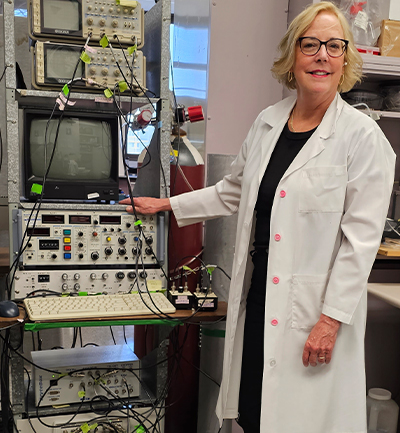
After studying the link between frailty and heart function, Dr. Howlett is now targeting treatments.
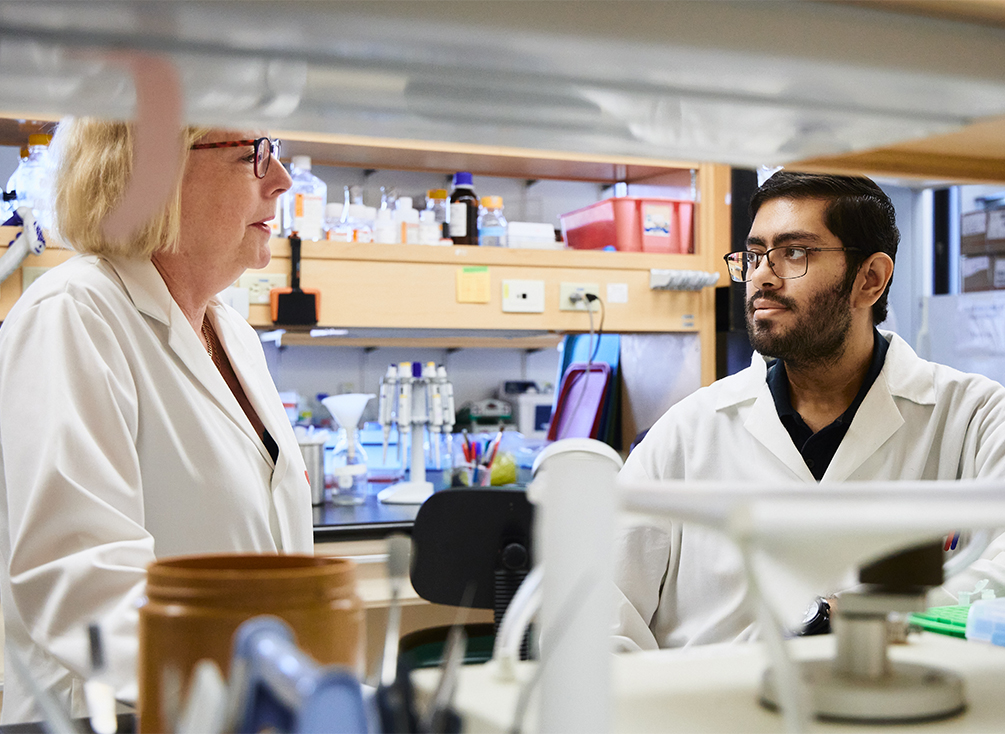
With the goal of promoting healthy aging, Dr. Howlett’s research will help both women and men.
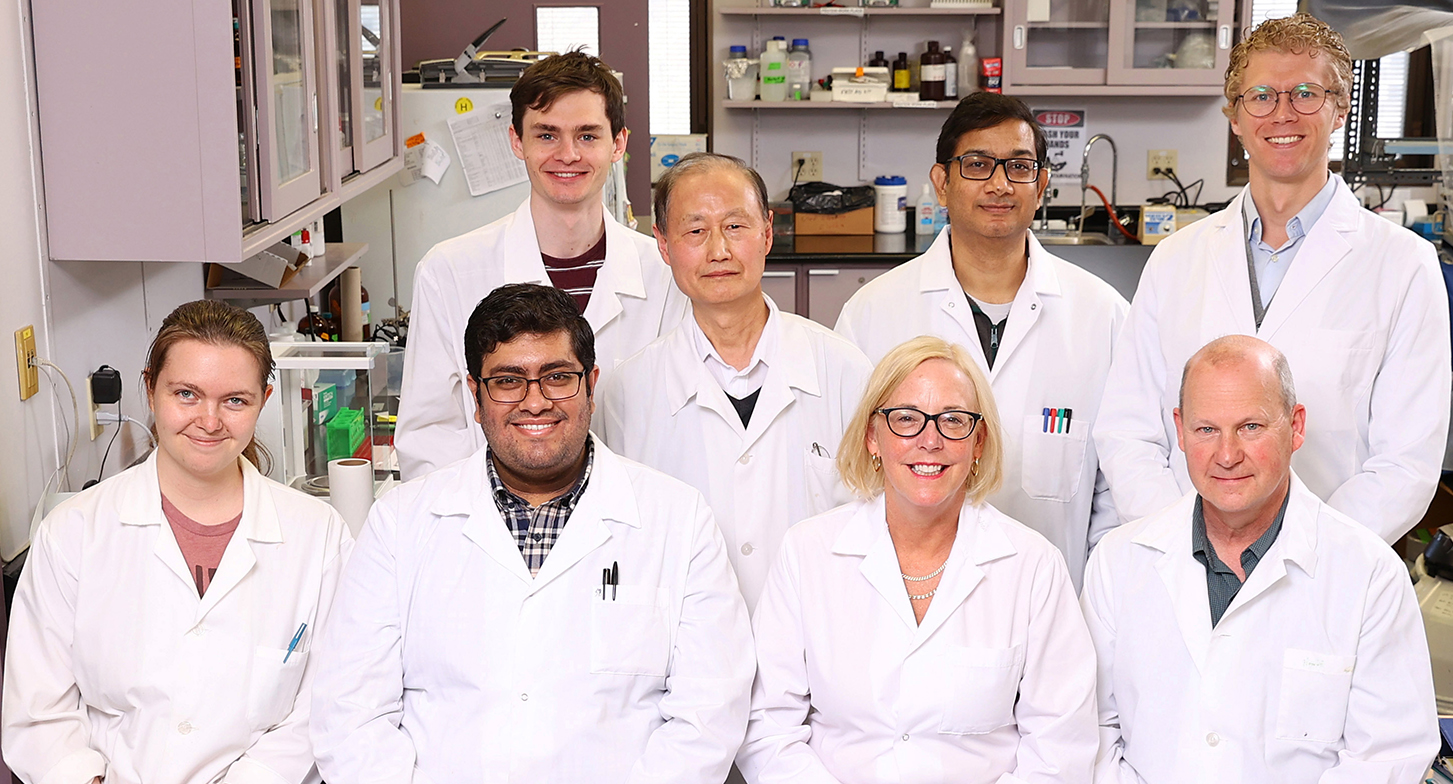
Dr. Howlett and her team at their lab
In the heart, she explains, chronic inflammation results in development of fibrous tissues that make the muscle stiffer and less able to pump and relax. “This leads to a type of heart failure — called heart failure with preserved ejection fraction — which is very common in women and aging people, especially frail older people,” Howlett explains.
Chapter 3 Longevity and prevention for women
Armed with a clearer understanding of the link between frailty and declining heart function, Dr. Howlett is working on solutions to reduce frailty.
She has tested a drug called enalapril, an ACE inhibitor that is typically prescribed to reduce blood pressure and as a treatment for heart failure. “We gave it to aged mice and we showed that it reduced their frailty. We're trying now to see how that impacts the heart,” Dr. Howlett says.
Her team also tested the effects of physical activity. “We showed that the mice that had access to a running wheel were much less frail, especially the females. We saw that it didn't just stop them from getting frail, it actually started to reduce their frailty. That was pretty exciting.”
Next step: To see if a combination of drugs and exercise proves even more powerful. Plus, she’s investigating individuals with lower frailty, to see what mechanisms might be protecting their heart function.
Throughout her research career, Dr. Howlett has analyzed her data by sex and gender — before this practice was common or required, as it is today by Heart & Stroke and other funders. Her latest results underline why this is important.
“Our data suggests these interventions are working really well in females,” Dr. Howlett says. “It's taking a lot longer and we're seeing smaller signals in the males.”
Dr. Howlett is excited about the potential of finding treatments to reduce frailty and across all sex and gender categories.
“I'm really interested, not in prolonging lifespan, but prolonging health span – promoting healthy aging,” she says “Eventually, something will get us all. But if you could spend the largest part of your older age in comparatively good health, that would be huge.”
- Learn more about heart failure.
- How to eat healthy as you age.
- See more research about women and heart disease.
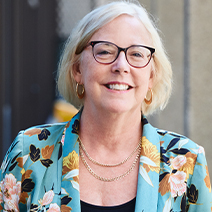
Join the fight to end heart disease and stroke.
Real stories
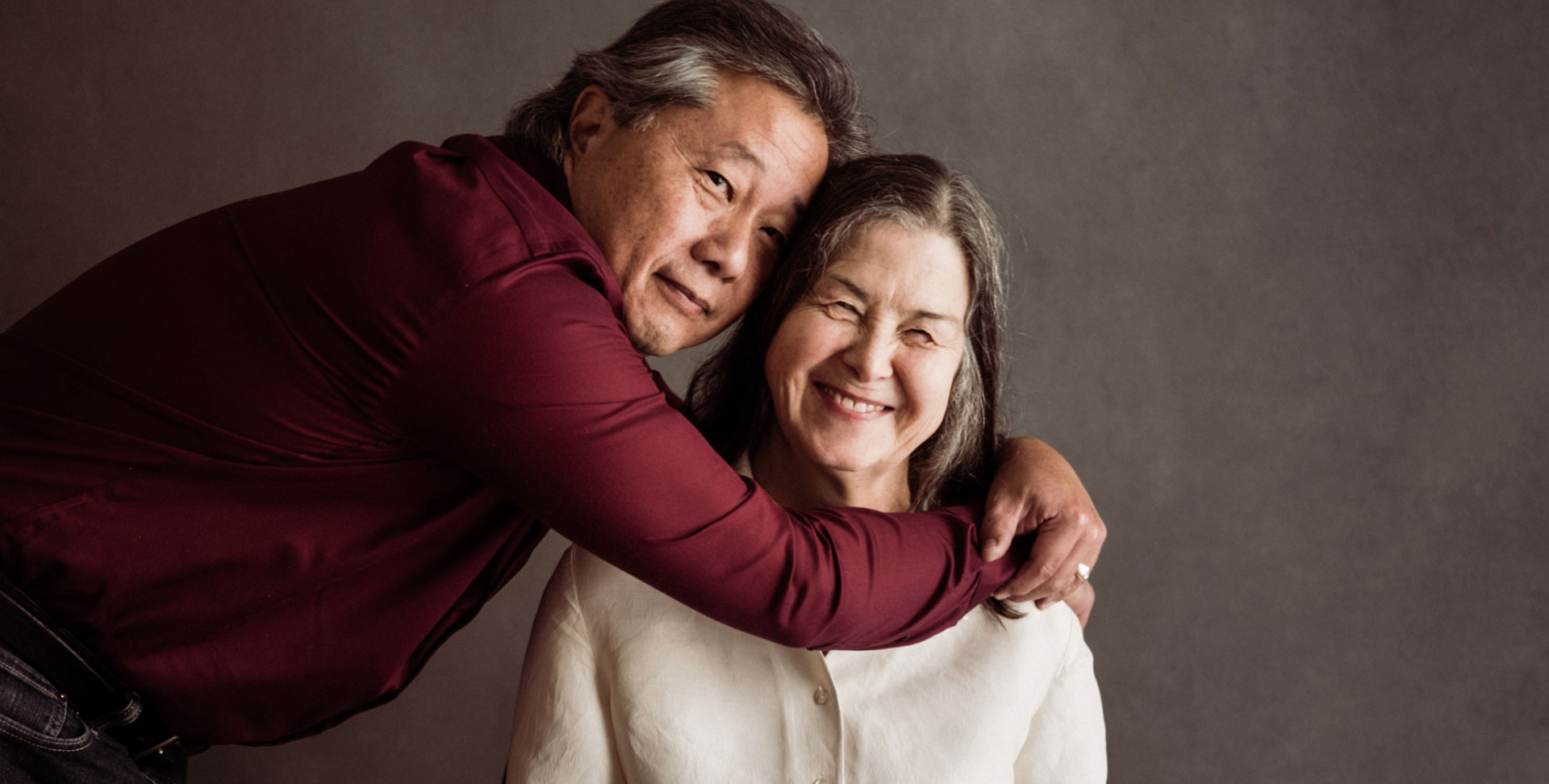
A love story saved
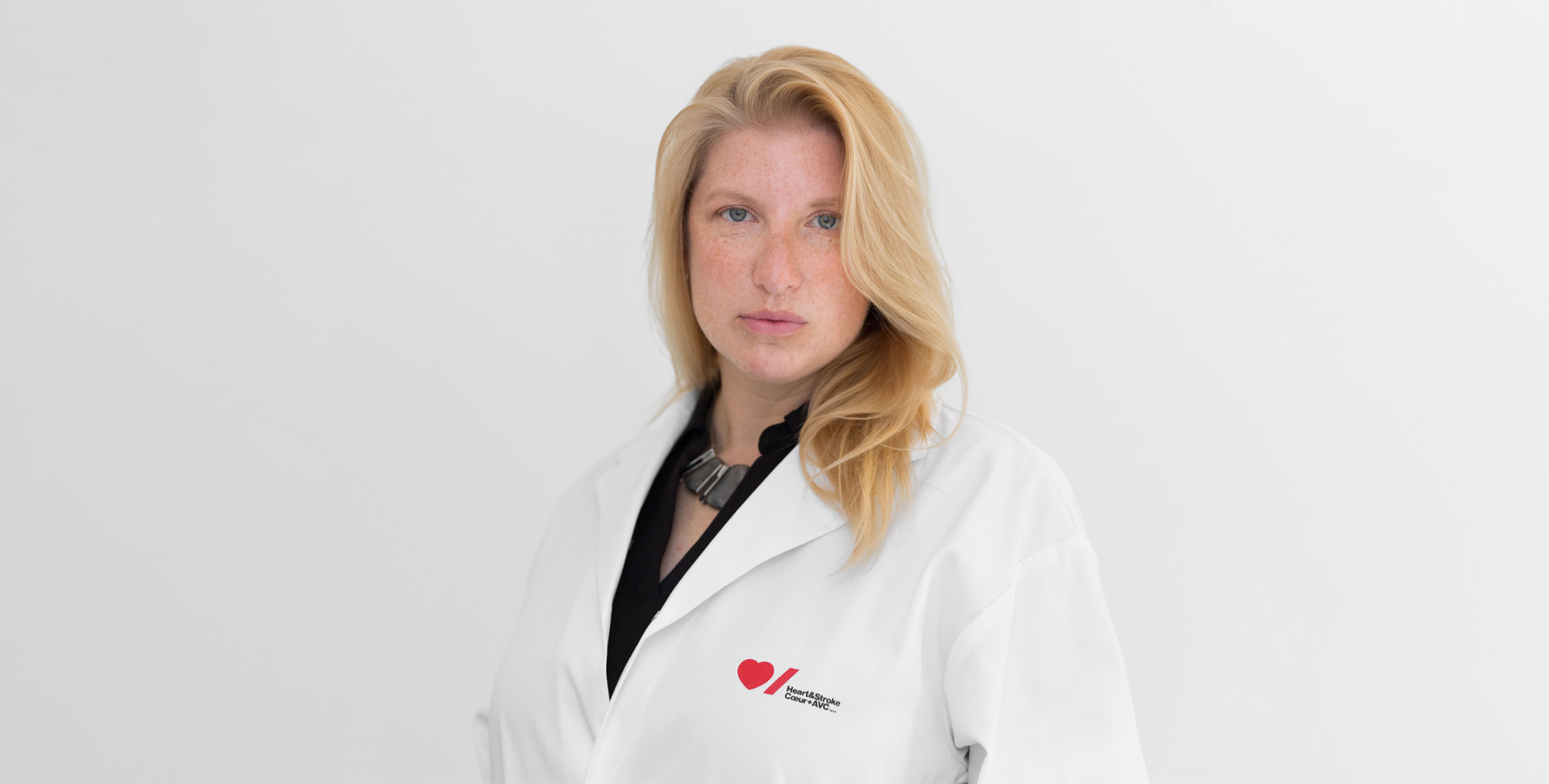
Preventing stroke before it strikes
Research by Dr. Jodi Edwards could head off the factors that increase risk – especially for women

